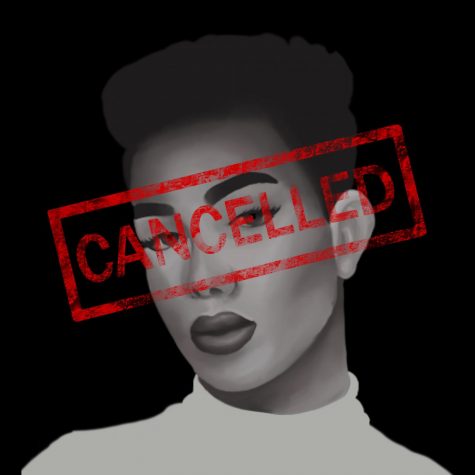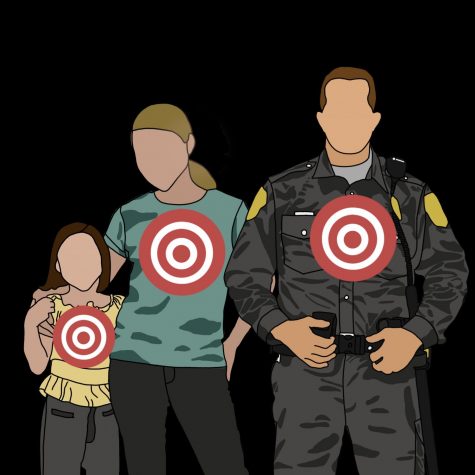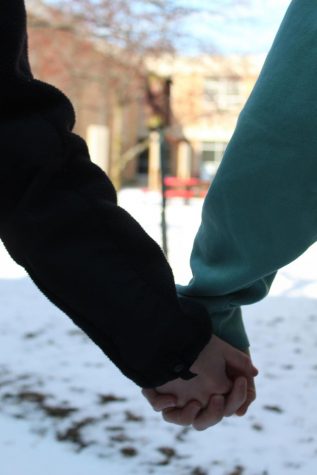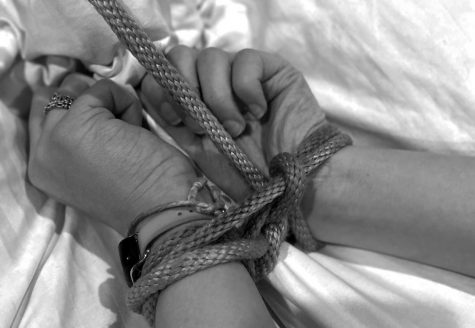The Battle Between Religion and Sexuality
Discovery of one’s self led to her greatest struggle of her young life.
More stories from Alex Rapp
People are shaped by their experiences.
How one grows up shapes who one is.
Parents, friends, family, environment and religion, all have enormous impacts on who one grows up to be.
According to the Urban Child Institute, the early home life of a child has a large effect on their well-being. A problematic home life in someone’s childhood can disrupt their brain’s stress response system as an adult. It also reduces the quality of caregiving the child receives and interferes with development.
Problems can arise not only with the healthy physical growth of children, but with brain development and sense of self. Children in problematic homes can have trouble developing who they are.
In the endless debate of nurture versus nature, while there is no true answer, both play a role in who a child becomes as an adult.
But what happens when one’s nature is at odds with how they were raised?
All families have values. Sometimes the values taught throughout childhood at home inherently go against who some people are.
One of the most prevalent examples of this is the Catholic church’s supposed teachings against homosexuality. While the actual church preaches values and acceptance, love and forgiveness, people have taken these words and twisted them into grotesque mockeries of what they should be.
Growing up in a Catholic family, junior Allison Hoffelder faced some difficulty in accepting her sexuality.
“There’s always been something holding me back from wanting to [become a part of the church community] and wanting to go to church and be religious,” Hoffelder said.
Hoffelder began to define her sexuality in eighth grade when she discovered the term bisexual. At first, she said she had problems defining herself due to her family’s background. Her grandparents who worship as devout Catholics; Hoffelder believes this contributed to the hesitance in telling her parents about her sexual identity.
“Just getting confirmed, honestly, would have been the path of least resistance for me because not getting confirmed was a whole thing in my family,” Hoffelder said. “Lectures from almost every person in the family on my dad’s side, long letters from my grandparents about Jesus and love and everything. It would have been much easier to just get confirmed, but I didn’t want to do that at all.”
Despite being one of the largest voices against homosexuality in the past, in recent years the Catholic Church and especially members of it have begun to turn away from this hatred and into the doctrine of love and kindness that should have been the true values of the church.
According to a 2011 survey called “Catholic Attitudes on Gay and Lesbian Issues: A Comprehensive Portrait from Recent Research,” the number of Catholics which support laws that support homosexual rights is at 73 percent and growing.
This support is a step forward in a society that, for a long time, ignored the hate crimes against LGBTQ+ people much like the Pulse Nightclub shooting which took place on June 16, 2016. Omar Mateen, a 29-year-old security guard opened fire and killed 49 people and injured 58 others inside Pulse, a gay nightclub in Orlando, Florida.
Rev. James Martin, a Jesuit priest, and author of “Building a Bridge: How the Catholic Church and the LGBT Community Can Enter Into a Relationship of Respect, Compassion, and Sensitivity,” was shocked by the response of Catholic leaders to the shooting. Hearing church leaders hate violence but refuse to acknowledge that homosexual people were targeted caused Martin, a catholic priest, to call for a bridge between the two groups, according to the Washington Post.
However, that may not be necessary according to a Pew Research Center Survey. A poll taken in 2001, showed that fifty-seven percent of Americans opposed gay marriage, combatting to the thirty-five percent in support.
The same poll, taken every year, shows support for gay marriage growing greatly over time with the 2011 survey having an almost even split. Opinions peaking in the 2017 edition with sixty-two percent of Americans in favor and thirty-two percent opposed.
“The church has definitely become a lot more progressive these days, especially with the Pope and everything being cool with gay people and [the church] now is preaching we love everyone and everything,” Hoffelder said. “Unfortunately, there’s still plenty of churches and Catholic people who 100 percent believe that the Bible is against gay people and it’s unnatural.”
Although some people in the church may maintain the idea that homosexuality is a crime against the basic tenements of the church, primarily due to Old Testament passages, the growing acceptance in the modern world truly proves that the world is becoming more accepting and coming together as a whole to prevent children from being neglected or growing up in a home that effects them negatively in adulthood.

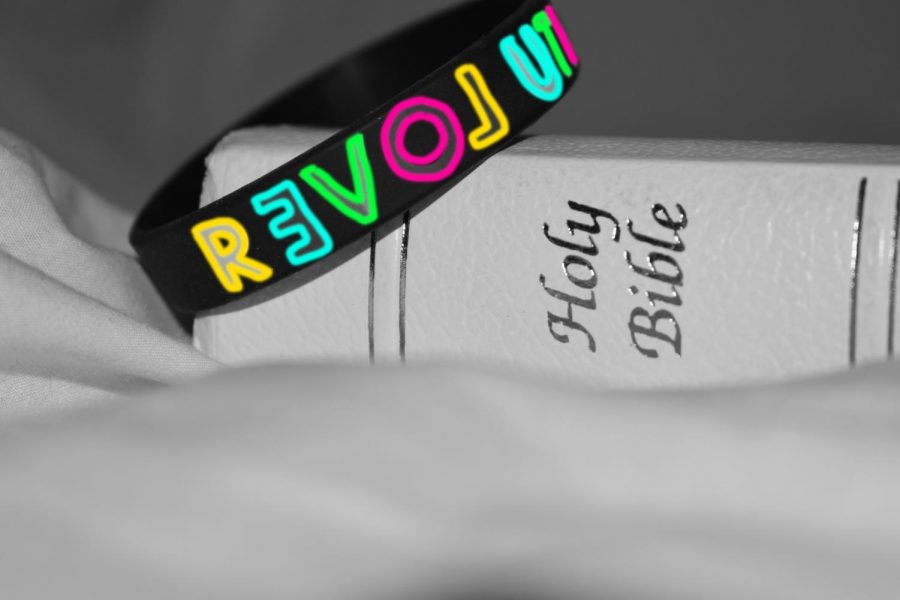

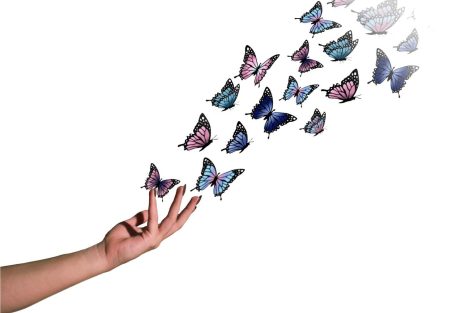
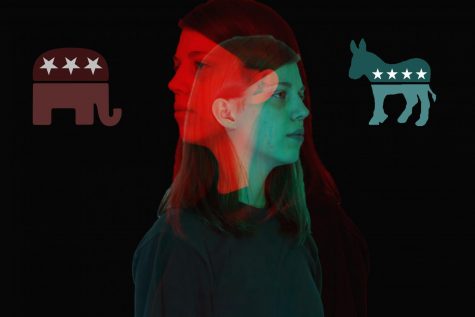
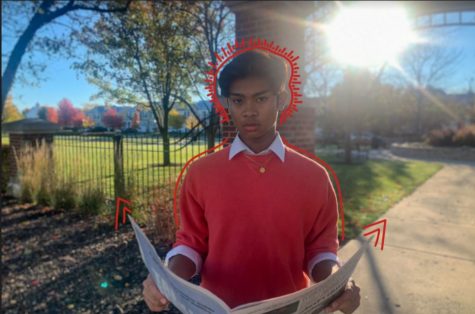

![The Black Lives Matter movement has become a growing trend in recent years. Everything people post on Instagram and everything [related to] politics is a trend now sophomore Kelsey Aviles said. Despite how serious of a topic it is, some individuals post about BLM specifically because it is trendy.](https://www.sequoitmedia.com/wp-content/uploads/2020/12/Untitled-Artwork-3-475x168.jpg)
